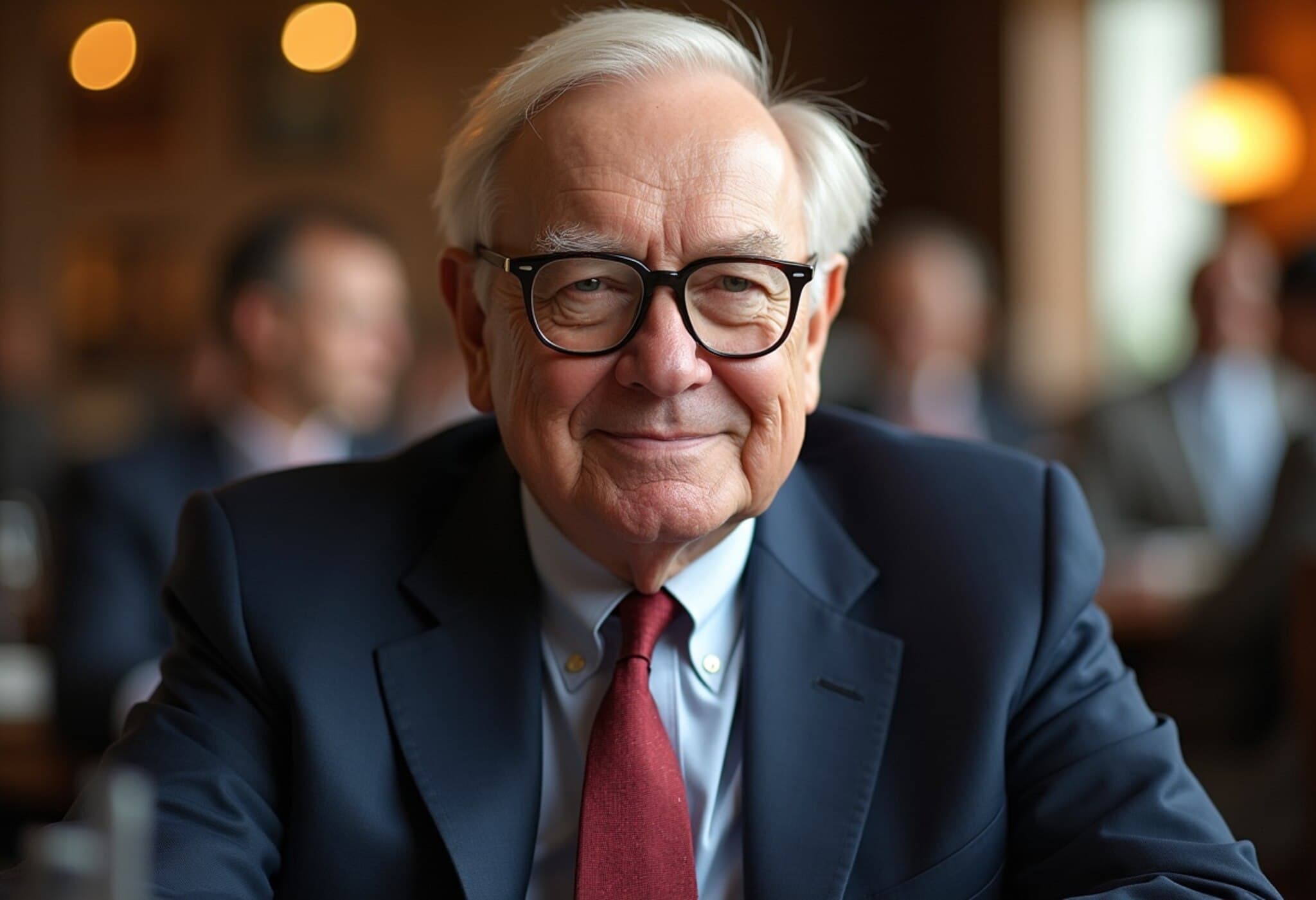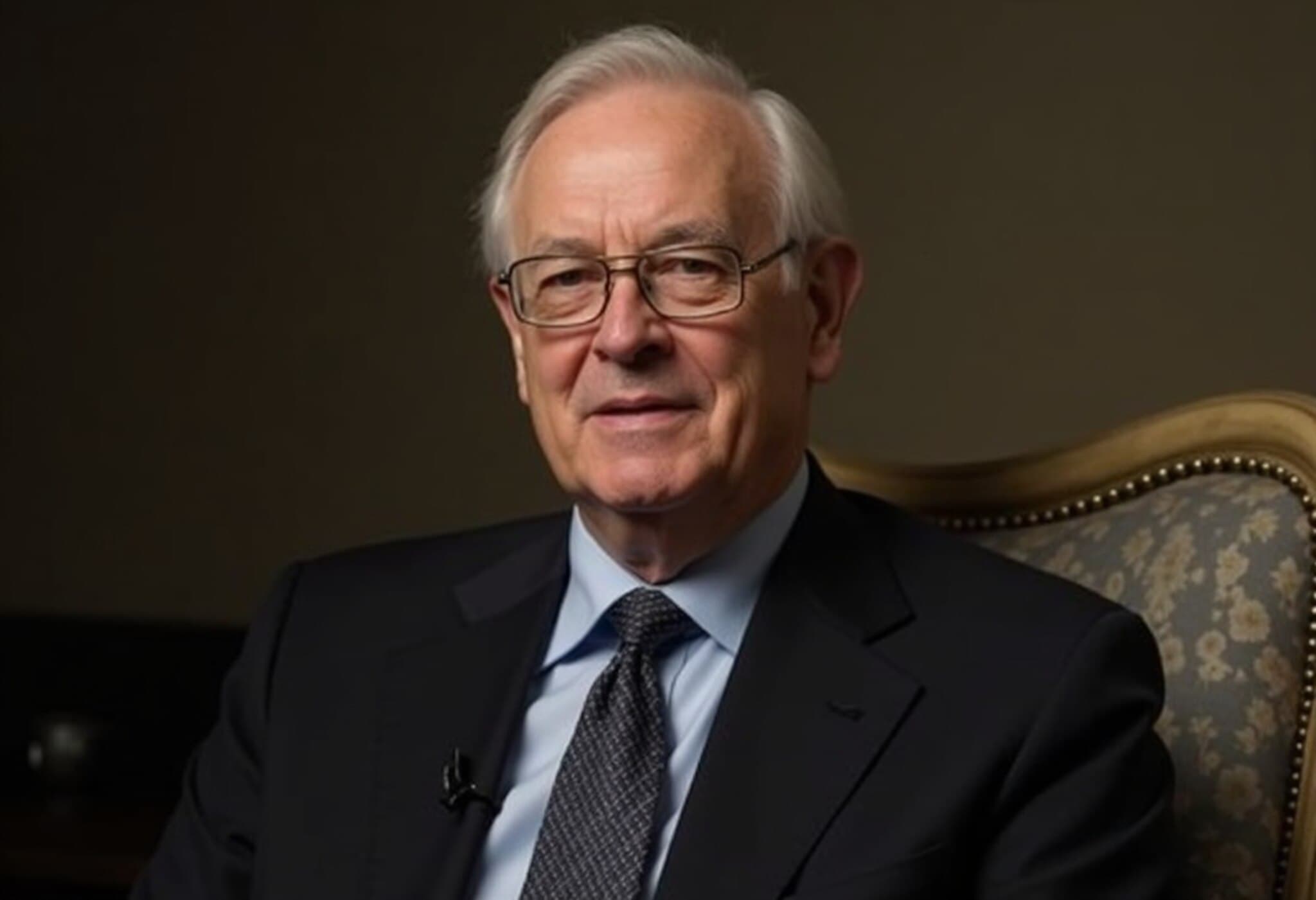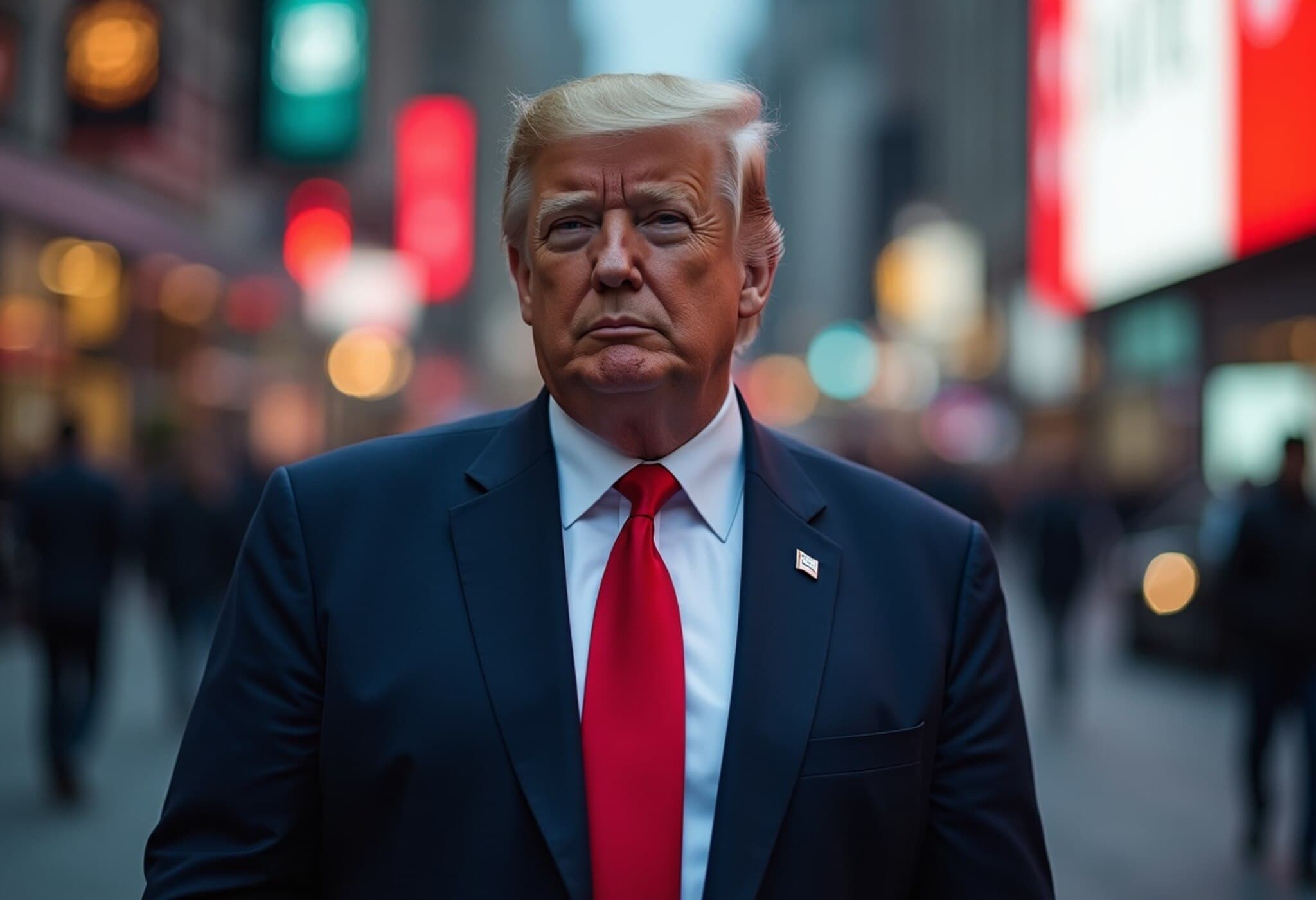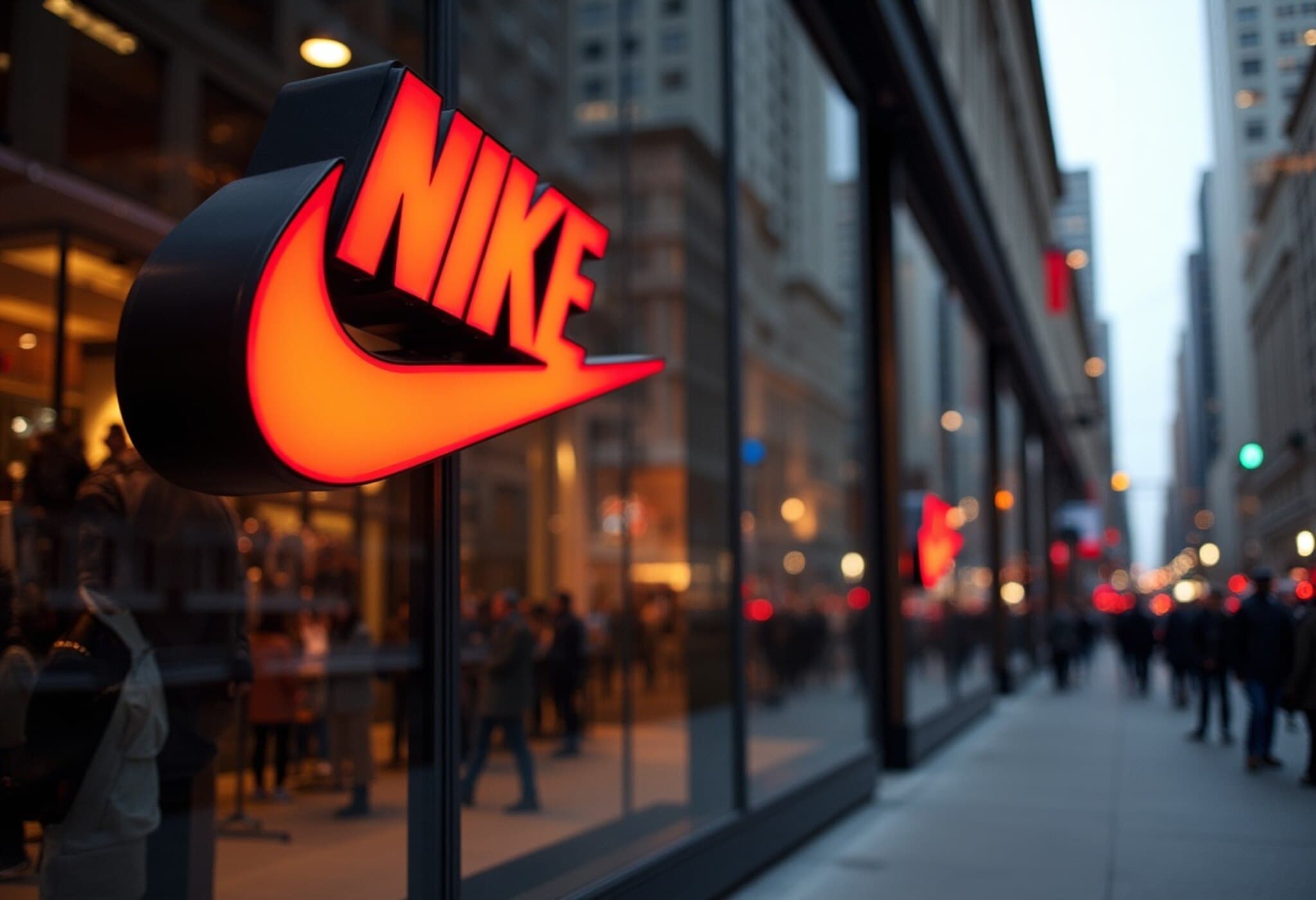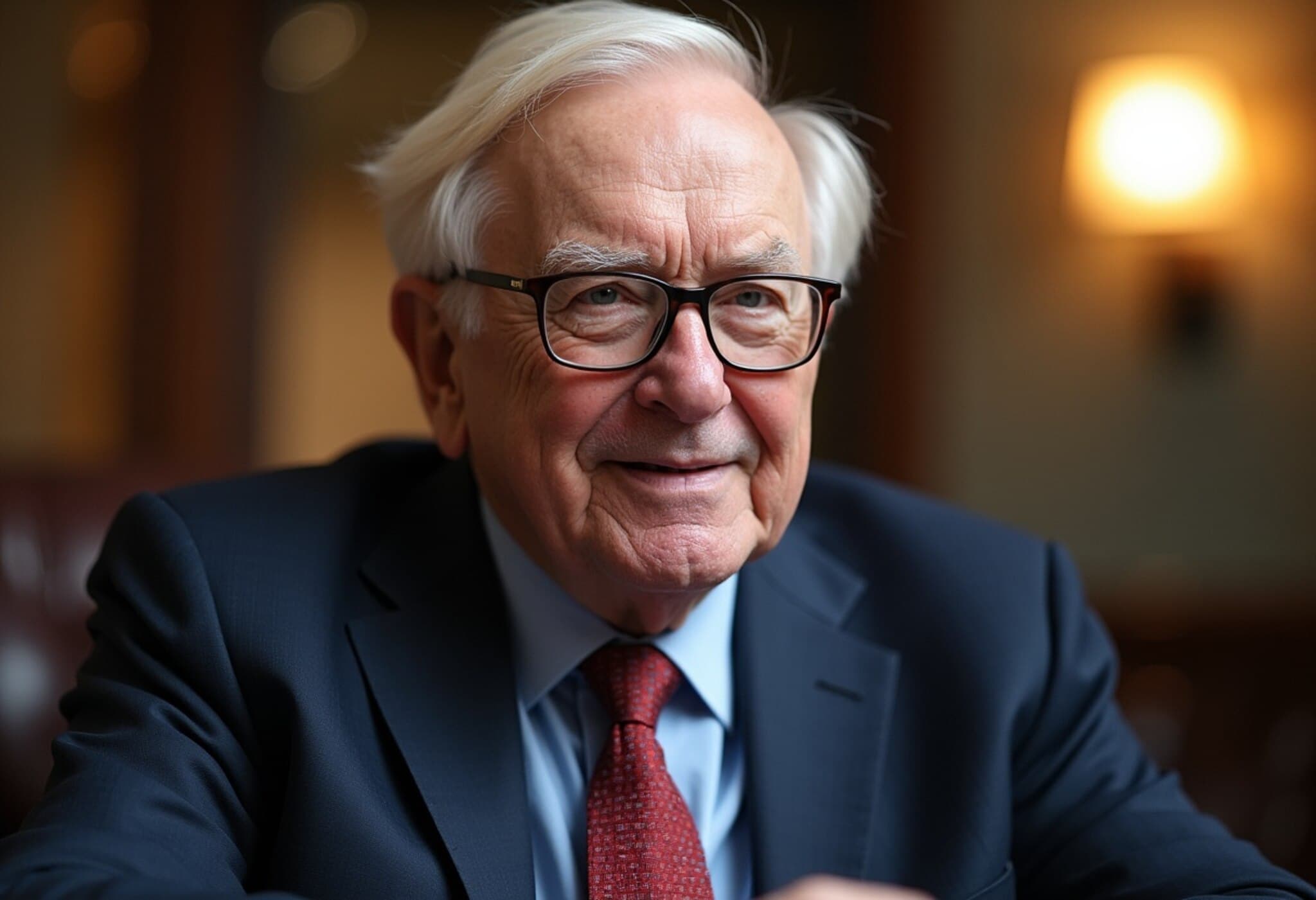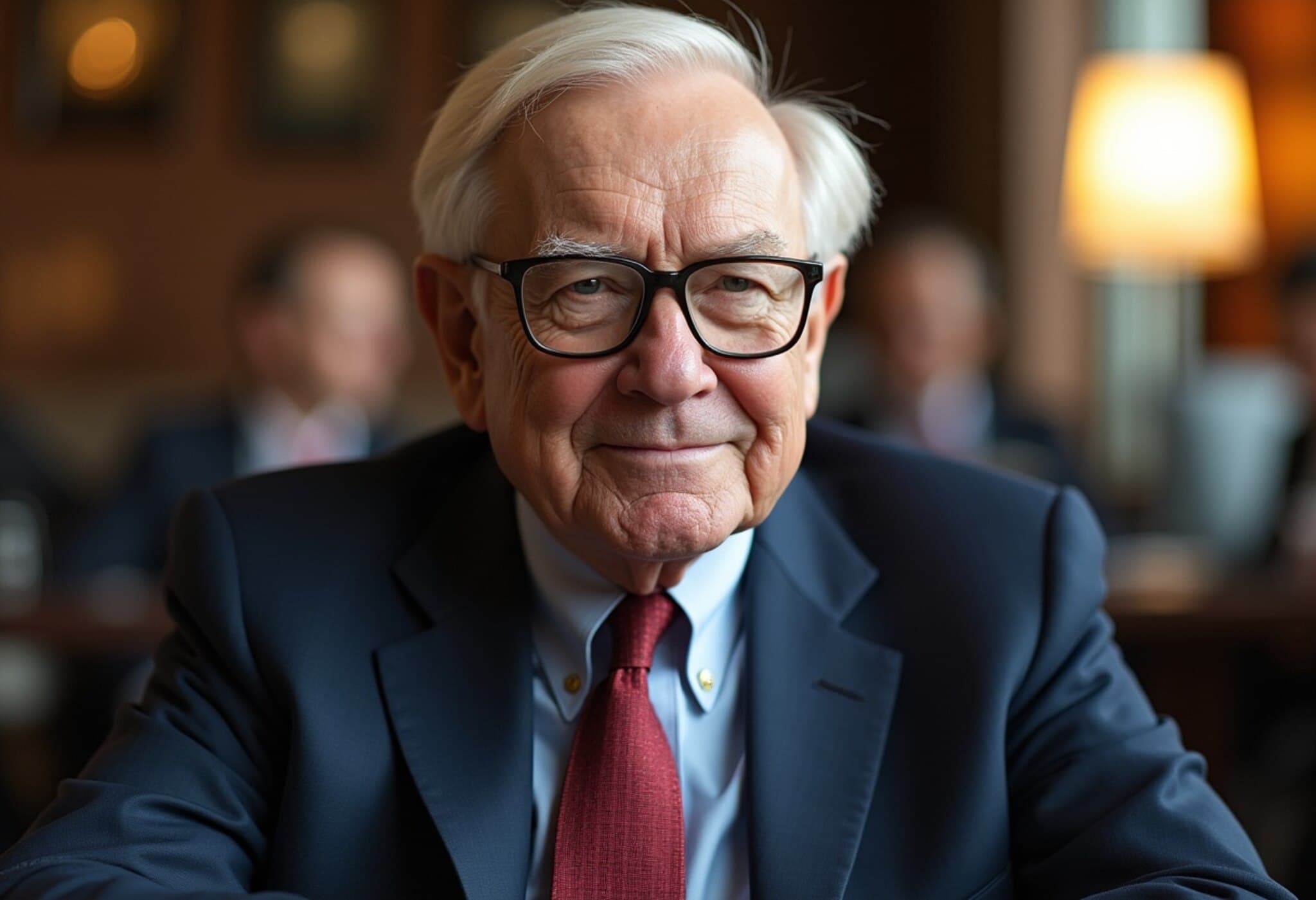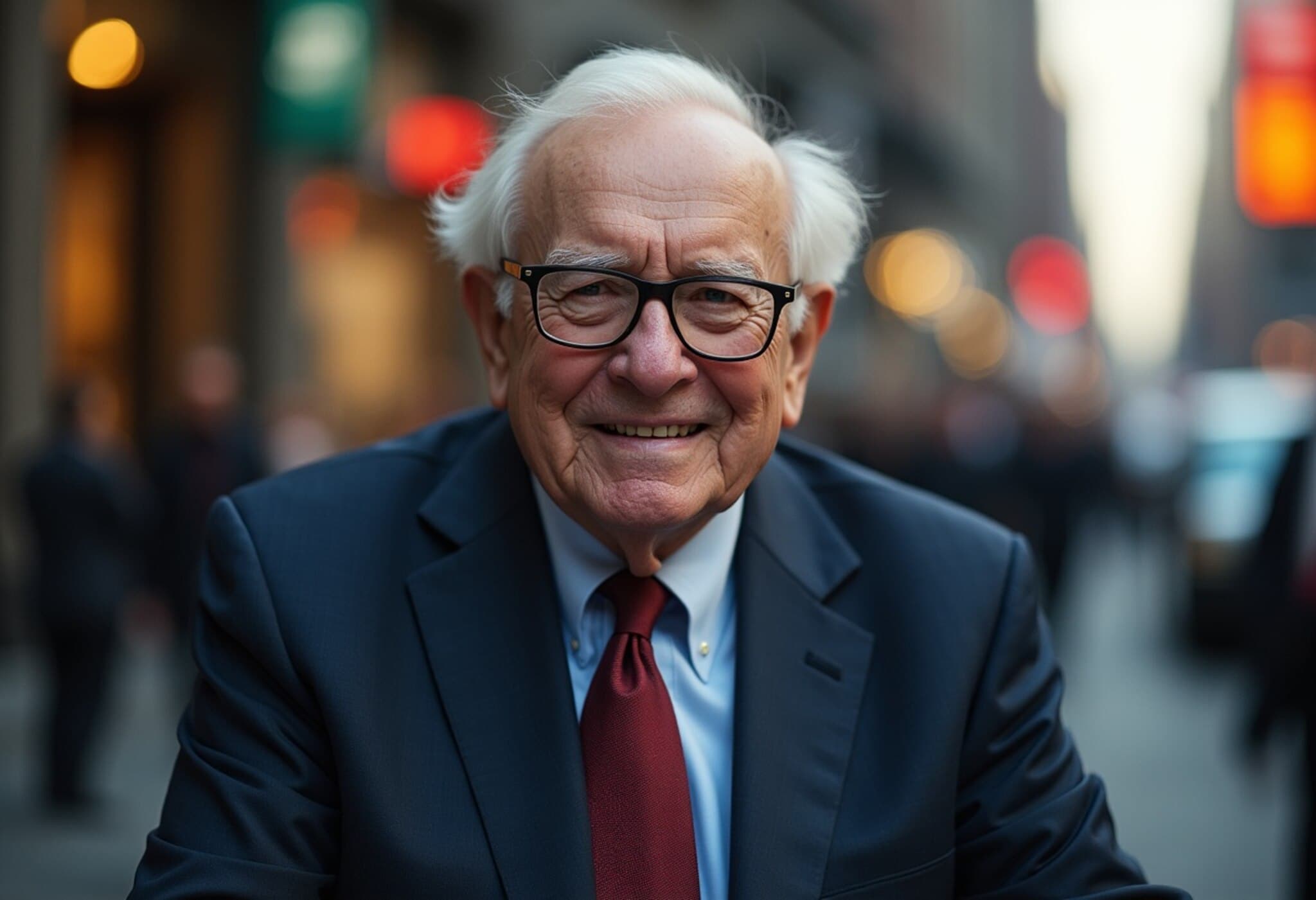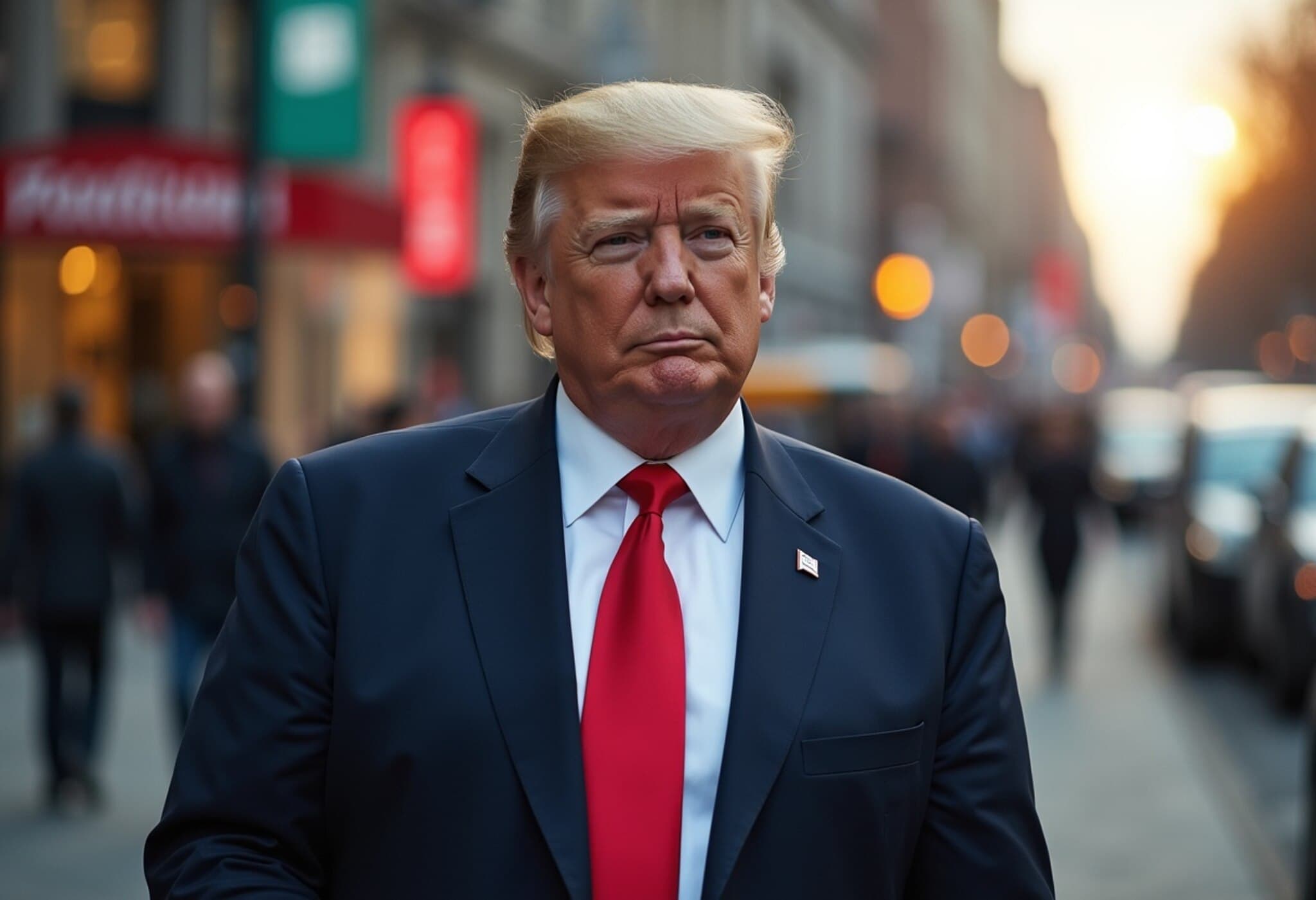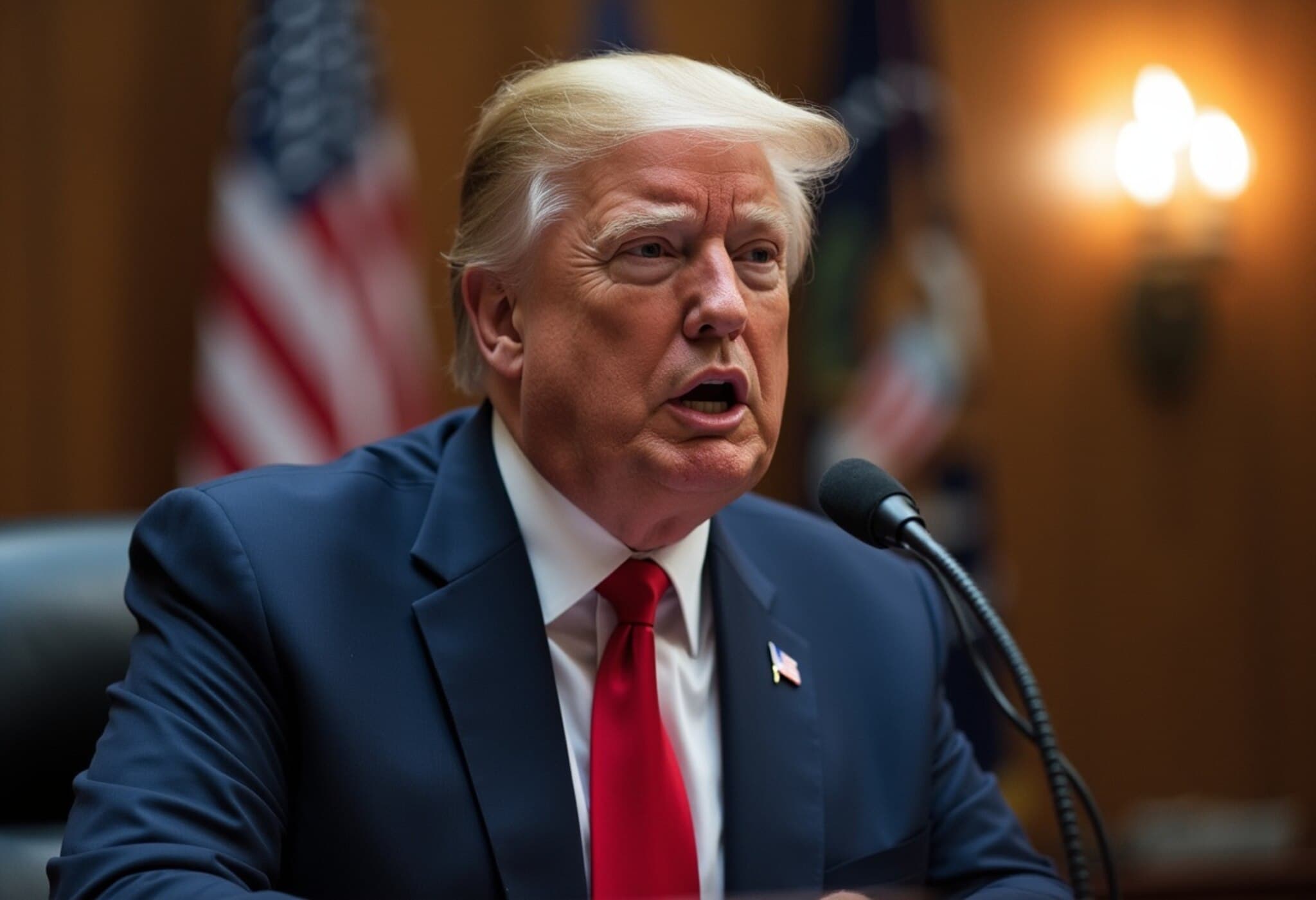Berkshire Hathaway Reports Modest Earnings Decline as Tariff Pressures Loom
In the second quarter of 2025, Berkshire Hathaway—a powerhouse conglomerate helmed by investing legend Warren Buffett—reported a 4% drop in operating earnings, signaling headwinds from evolving trade policies and tariffs. Despite solid performances across sectors such as railroads and energy, the company’s overall operating profit slipped to $11.16 billion, weighed down primarily by a downturn in insurance underwriting results.
Mixed Business Performance Underlines Economic Uncertainty
Operating profits, which represent income from Berkshire’s wholly owned subsidiaries like its insurance operations and railroad business, reflected a patchwork of sectoral results. While railroads, energy, manufacturing, services, and retail rallied with improved earnings compared to last year, the insurance division encountered challenges amid a complex market environment.
Berkshire’s quarterly report did not shy away from highlighting how rising tariffs imposed under the Trump administration are injecting volatility and unpredictability into its business outlook. The company emphasized, “The pace of changes in these events, including tensions from developing international trade policies and tariffs, accelerated through the first six months of 2025.”
This caution reflects a broader economic theme: many US multinational and domestic firms grapple with strained supply chains and escalating costs due to trade frictions, which could ripple through consumer prices and corporate profits alike.
Warren Buffett’s Strategic Moves: Cash Reserves and Stock Activity
Berkshire Hathaway’s vast cash reserve remains a defining feature of its financial strength. Although slightly down to $344.1 billion from $347 billion at the quarter’s start, the cash pile positions the conglomerate well for opportunistic investments or buffering against economic headwinds.
Yet, notably, Berkshire has been a net seller of equities for the eleventh consecutive quarter, offloading $4.5 billion of stock in the year’s first half. This cautious stance signals Buffett’s reservations about equity market valuations amid geopolitical and economic uncertainty.
Adding to this conservative approach, Berkshire refrained from repurchasing any shares despite its stock falling more than 10% from record highs, a departure from the company’s typical buyback strategy during downturns.
Kraft Heinz Write-Down Highlights Challenges in Consumer Sector
A significant development in this earnings cycle was Berkshire’s write-down of $3.8 billion on its stake in Kraft Heinz, underscoring persistent underperformance in one of its largest consumer investments. The food and beverage giant has been contemplating spinning off its grocery business, a move that may unlock value but reflects strategic recalibration in a competitive market.
The turbulence extends to Kraft Heinz’s corporate governance, with two Berkshire-appointed executives resigning from its board in May, suggesting ongoing internal challenges.
Leadership Transition Signals New Era Ahead
This quarter also marks an important milestone for Berkshire Hathaway. Warren Buffett, now 94, reiterated plans to step down as CEO by the end of 2025. The reins will be handed over to Greg Abel, the current vice-chairman overseeing non-insurance operations, while Buffett will retain his role as chairman.
Abel’s ascension is widely anticipated by investors and market watchers as a strategic continuity move, balancing Berkshire’s legendary legacies with fresh leadership to navigate complex global markets.
Expert Insight: Navigating Trade Policy Risks in a Diversified Conglomerate
Berkshire’s earnings narrative offers a valuable case study in how diversified conglomerates absorb shocks from national trade policies. According to trade policy analyst Dr. Karen Mitchell, “Companies like Berkshire, with footprints across insurance, manufacturing, and energy, face a unique challenge: tariffs and trade disputes can variably impact each sector, complicating risk management and forecasting.”
Market observers also emphasize the broader implications: “Buffett’s cautious equity moves and record cash levels hint at preparedness for potential turbulence, signaling that investors should also brace for uncertainty in the near to medium term,” notes financial strategist Jamal Edwards.
Looking Ahead: Key Questions for Investors and Policymakers
- How will ongoing international trade tensions influence Berkshire’s diverse portfolio, and what strategies might mitigate these risks?
- What role will Greg Abel play in steering Berkshire through a geopolitical environment laden with tariff-induced volatility?
- Could Berkshire’s defensive cash positioning foreshadow strategic acquisitions or a pivot in its investment approach?
Editor’s Note
Berkshire Hathaway’s Q2 results underscore the intricate interplay between corporate performance and global trade dynamics. As tariffs and policy shifts redefine operational landscapes, Buffett’s conglomerate exemplifies caution paired with strategic readiness. Readers—and investors alike—should watch closely how emerging leadership and economic headwinds reshape the path forward for one of America’s most iconic companies.

